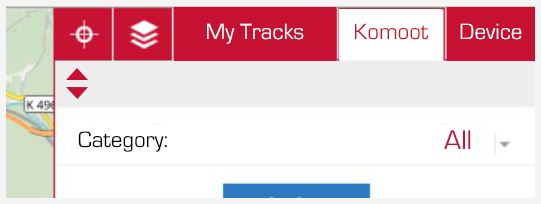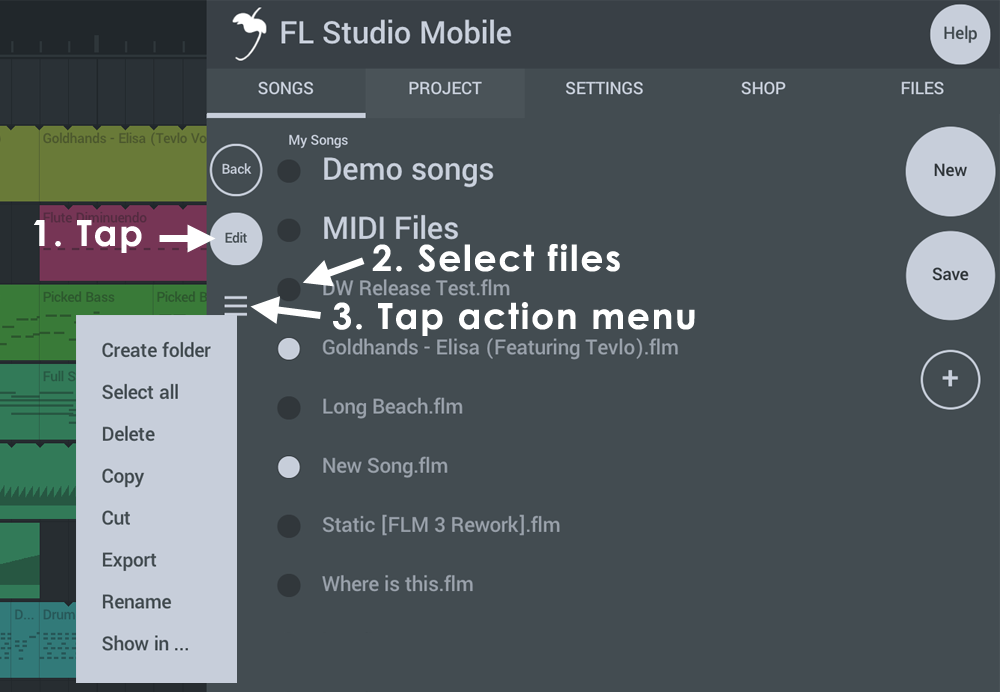

#Deleting mytracks from phone how to#
The consumer tips for how to protect your privacy are few. If app developers could truly track you after you’ve deleted the app, it would “violate Apple developer terms and show a giant security hole in,” the iOS operating system, says Jerome. Would it be more than that, “tracking someone after they’ve deleted their app is problematic unless you’ve signed away your rights in the privacy policy,” notes Scott Vernick, the chair of the privacy and data security practice at Philadelphia law firm Fox Rothschild. Uber notes that Apple does allows limited use of fingerprinting, and "merely stipulates which identifiers can be collected from the device, which are used by our team in combination with non-device signals to detect fraudulent activity & suspicious logins."
#Deleting mytracks from phone mac#
Today, Uber says it doesn’t track users or their location once they’ve deleted the app, but it does hold onto tagging data collected as a check against “fraudsters from loading Uber onto a stolen phone, putting in a stolen credit card, taking an expensive ride and then wiping the phone-over and over again," the company told USA TODAY in a statement.īlogger John Gruber, whose Daring Fireball is targeted to app developers, noted that Apple ditched earlier iPhone tools like UDID (Unique Device ID) and Mac addresses for developers several years back (in 2012) because they were “being abused by privacy invasive ad trackers, analytics packages,” and companies like Uber. Apple CEO Tim Cook scolded Uber CEO Travis Kalanick for the practice, but didn't kick Uber out of the App Store. Uber had marked iPhones with persistent digital ID tags that would remain after users had deleted the Uber app and wiped the phone, the Times said.
The subject became hotly debated online this week in response to a New York Times profile of ride-hailing app Uber. These marks are used to help a company prove that the phone belonged to an individual, says Joseph Jerome, privacy & data policy counsel for the Center for Democracy and Technology. But app developers can engage in "tagging," leaving behind a unique ID on an iPhone so the developer can recall the apps that were on it and the last Wi-Fi network the phone was logged onto. The app can’t follow you around and know your whereabouts. LOS ANGELES - Can a deleted app keep on tracking you, even if the app is off the phone? ( I didn't even know the option existed.) Is there is a column on the Music Library screen that I can set up besides Title, Artist, Album, Year, File etc.to notify which track will sync and which will not ? As I am just trying keep my MMW and MMA in duplicate with each Sync that I do.Watch Video: How to keep apps from tracking your data If not, I am unsure on how to set what tracks to Sync and what tracks not to Sync. MMW to MMA, It would totally refresh (Update) the Tracks in MMA to what tracks were deleted in MMW and what tracks were added in MMW ?

Is there a way to set the MMW and MMA so that every time I Sync. I guess this would be the most simplest straight foreword way to keep the device continuously updated to what was added to or deleted from what I refer to as the "Master library" driving the MMA device.

In other words, all the tracks on MMA would automatically refresh or renew to whatever tracks were on, or no longer on, the MMW library each time I would Sync. The suggestion made by Peke about long tap on the track and then tapping the delete option for some reason is not working with my device.īeing new to things like metadata and the properties of music files and the information contained within, I guess I was under the impression that every time I would Sync my MMW on my Desktop to the MMA on my device ( Phone ), MMA would then be updated to what was on the Library on the MMW ( desktop).


 0 kommentar(er)
0 kommentar(er)
